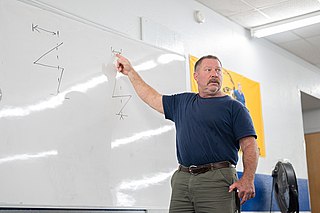A Quote by John Dewey
Some experiences are mis-educative. Any experience is mis-educative that has the effect of arresting or distorting the growth of further experience.
Quote Topics
Related Quotes
Again and again, Primo Levi's work is described as indispensable, essential, necessary. None of those terms overstate the case, but they do prepare readers new to Levi for a forbiddingly educative experience, making him a writer unlike all others and the experience of reading him a chore. Which it isn't.
































